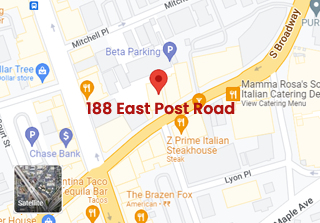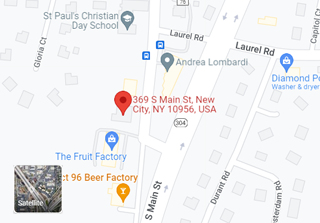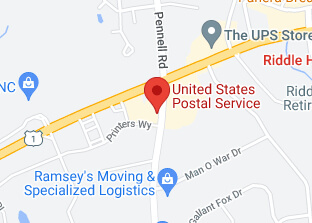The building in Brooklyn was beautiful. It commanded a hefty price–3.2 million dollars. The people buying this property hired a buyer’s agent and presumably, hired a real estate lawyer to handle the closing. In a transaction involving this amount of money, one would think that the agent and lawyer would be very careful to make sure there were no hidden problems–little things like say, an easement forever prohibiting the owner from making any changes to the building’s facade without the express written consent of the National Architectural Trust, Inc. Unfortunately, either the agent, the lawyer, or both missed this little detail and when it came the purchaser’s attention later on, one would imagine that the purchaser was none too happy. Well off to Court went the purchaser and who was sued for among other things fraud and negligent misrepresentation? The sellers, the sellers’ agents and the buyer’s agent. Fortunately for the sellers’ agents, the lawsuit did not succeed because of caveat emptor–buyer beware. The Appellate Division, Second Department reminded the parties that: New York adheres to the doctrine of caveat emptor and imposes no duty on the seller or the seller’s agent to disclose any information concerning the premises when the parties deal at arm’s length, unless there is some conduct on the part of the seller or the seller’s agent which constitutes active concealment”… “Mere silence on the part of the seller, without some affirmative act of deception, is not actionable as fraud” Scotland v Brown Harris Stevens Brooklyn, LLC http://www.nycourts.gov/reporter/3dseries/2013/2013_03982.htm The Court explained that the sellers and their agents had no duty under the doctrine of caveat emptor to disclose the easement. The easement was recorded and was a matter of public record. The sellers and their agents could not be liable for their failure to disclose the easement. The buyers’ agent however, was not dismissed from the case. This is a lawsuit that would never have happened had the purchaser retained the right agent and real estate lawyer in the transaction. The existence of the easement should have come to the attention of one or both of these individuals before the closing! Had the proper homework been done, the purchaser would have been told about the easement and the necessary reduction in the purchase price been negotiated. Caveat Emptor!








